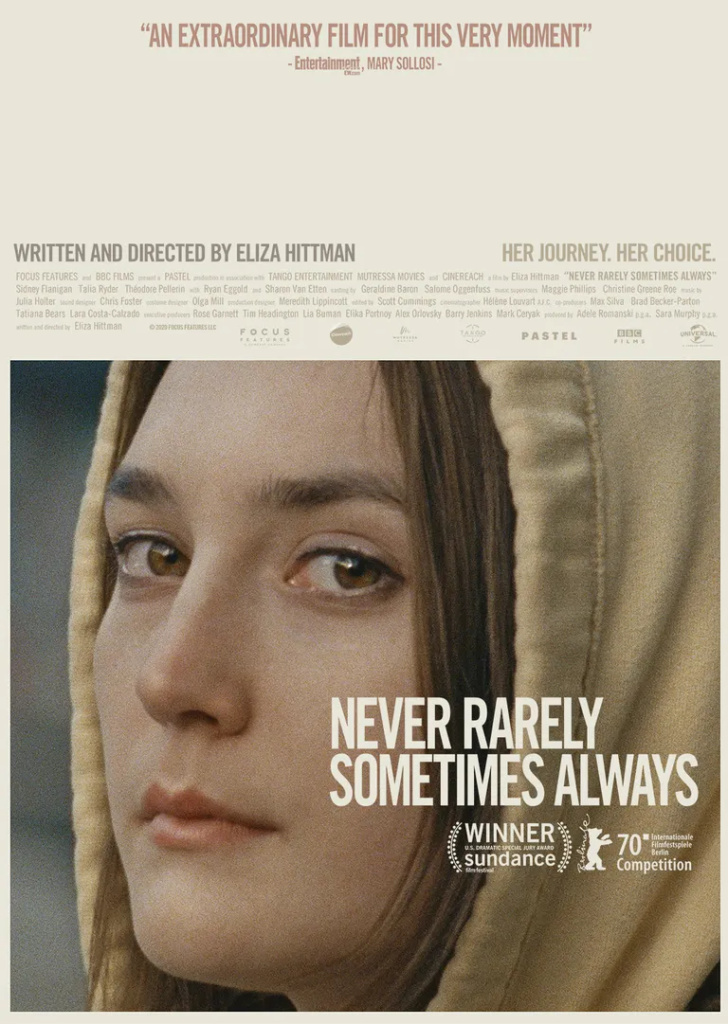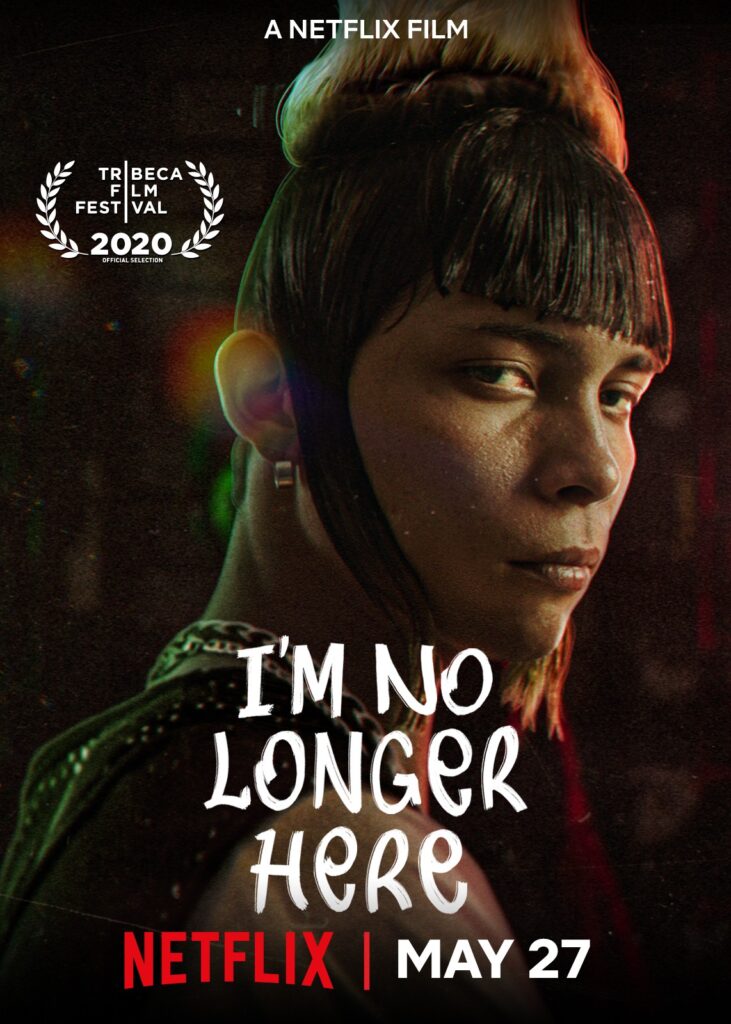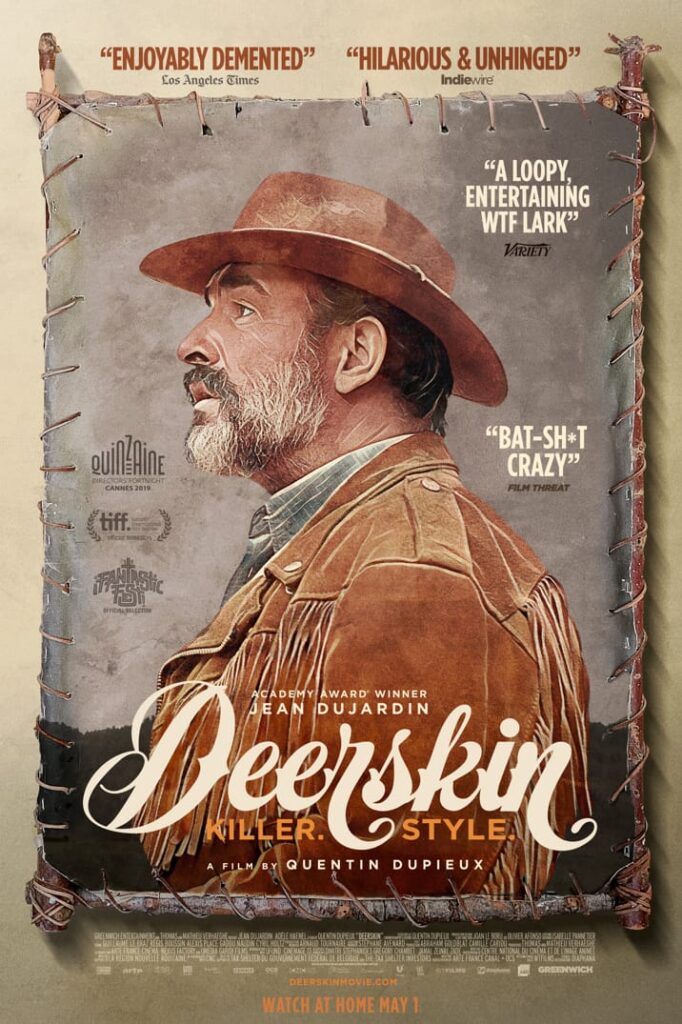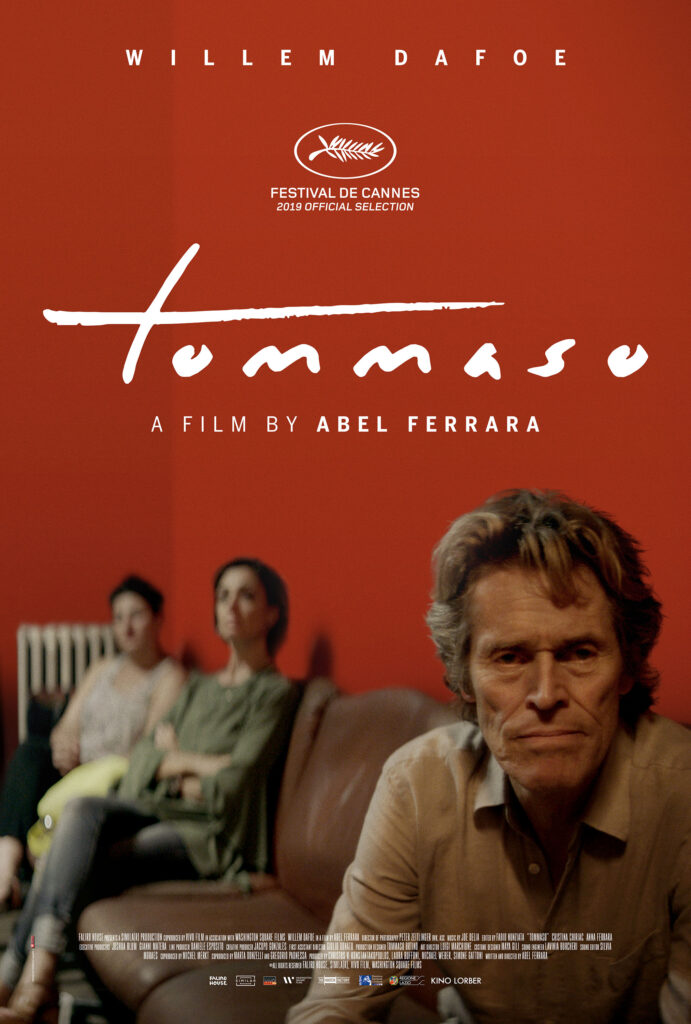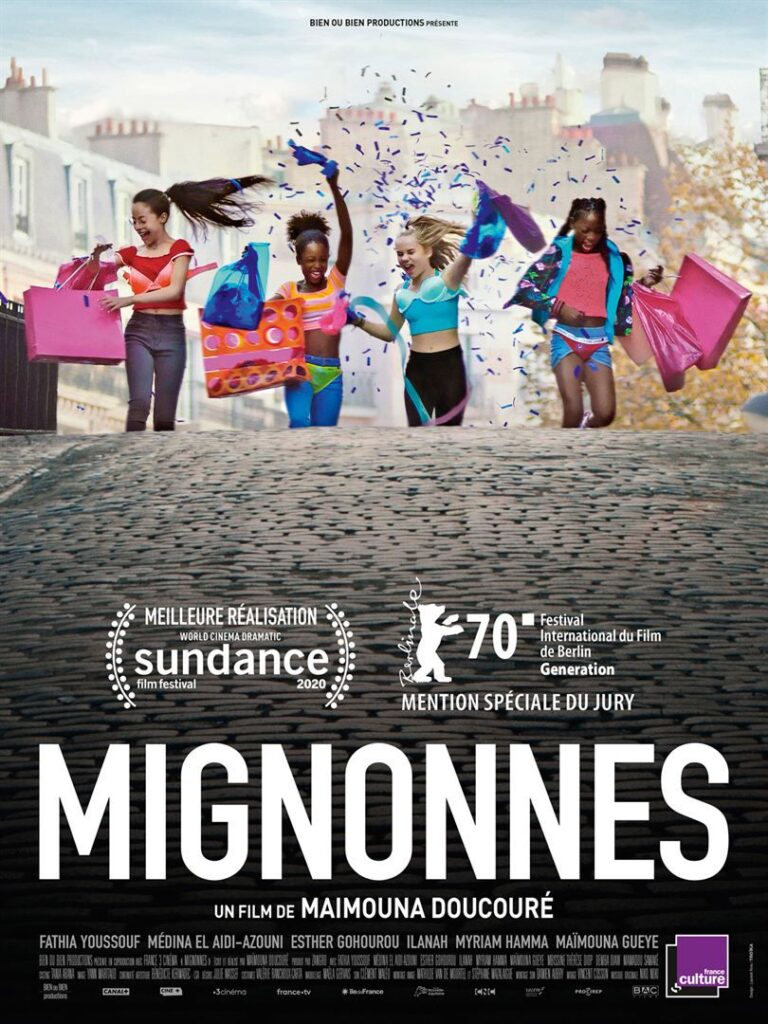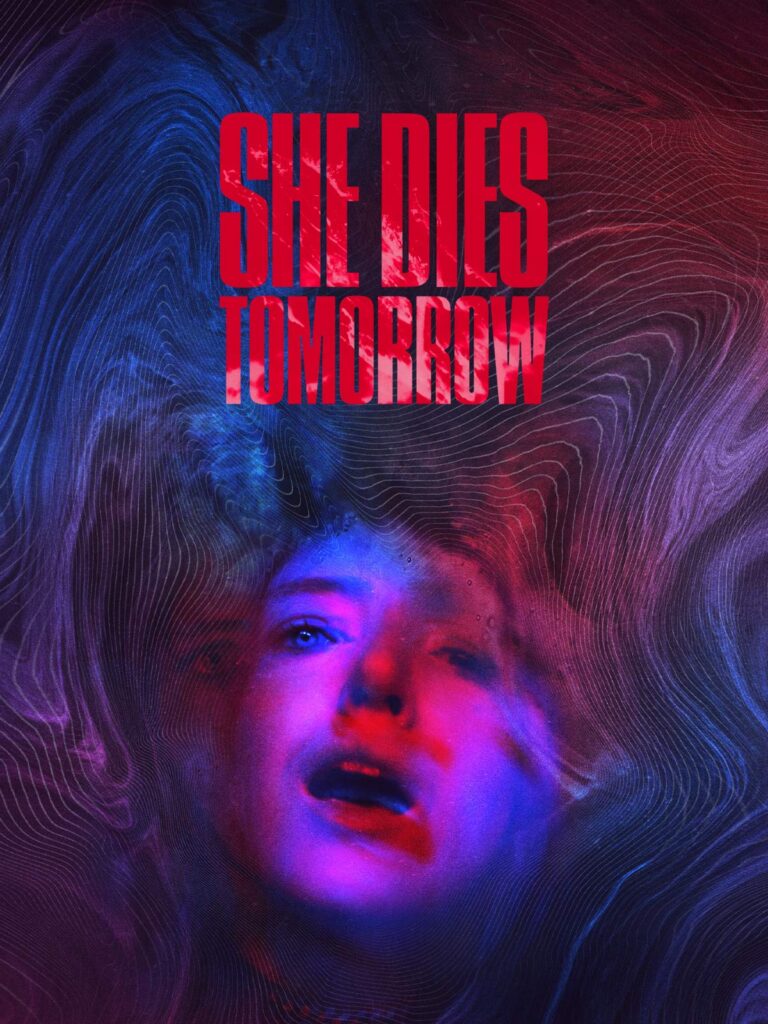
It’s my favorite time of the year – Halloween! I try to schedule my unit on horror movies around this time (in my aesthetic class), and my unit on eating animals (in my ethics class – also pretty gruesome). This year FIU asked me to write a very short article on cultural appropriation and Halloween costumes. You can read it here. I’ll also post the text below. But for someone who’d like to dig in a bit more to this topic, Aesthetics for Birds had a great roundtable on the topic I’d highly recommend. Also, I made a very spooky playlist last year for my students. Enjoy!
Professor discusses why many popular costumes are examples of cultural appropriation:
“It’s the most wonderful time of the year – Halloween! Hopefully, by now, you’ve planned your costume and a COVID-safe way to celebrate. But if not, I’m here to discuss the issue of cultural appropriation and Halloween costumes. You’ve probably heard people say, “it’s a culture, not a costume” – but what does that mean? What is cultural appropriation and why should I care?
The term cultural appropriation covers a range of conduct – from stealing tangible cultural property (for example, the buying of looted artifacts) to stealing ideas (for example, passing off another culture’s ideas as your own), or using another culture’s voice or style as your own. Philosopher Erich Hatala Matthes refers to these three types of cultural appropriation as theft, misuse, and misrepresentation. When discussing Halloween costumes, we’re discussing the last of these three – misrepresentation.
Examples of culturally appropriative Halloween costumes are – unfortunately – everywhere. Just look at your local Halloween stores (like Spirit) which advertise pre-packaged sets with names like “pow wow princess” or “tequila shooter guy” or “geisha lady.” These costumes trade on a feature of cultural appropriation – outsiders of a particular culture use the resources (e.g., traditional clothing or perceived traditional clothing) of a culture that is not their own. But this alone doesn’t get us all the way to cultural appropriation.
Cultural appropriation is also about power. Notice that the Halloween costumes I mentioned earlier depict minoritized groups – this isn’t accidental. Problematic cultural appropriation is a result of power imbalances. And in the United States, these imbalances often fall on racial lines. A White American dressing up as “pow wow princess” can be interpreted only within the context of settler colonialism. But (mis)appropriation is not always about race or ethnicity. There is a growing movement against wearing costumes that depict prison inmates, houseless folks, and people with mental illness as these costumes also trade on an imbalance of power. As Matthes (cited earlier) states “fix the power problem, fix the appropriation problem.”
The University of Denver’s “We’re a culture, not a costume” campaign posted flyers across campus that depicted a White woman wearing a headdress and carrying a tomahawk. The poster read, “You think it’s harmless, but you’re not the target.” The harm here is in stereotyping a culture (misrepresentation). Wearing this type of costume displays morally culpable ignorance about indigenous peoples and their practices. In our ignorance, we might also be wearing religious iconography in a flippant or disrespectful way (sacrilegious appropriation). We also run the risk of not just essentializing their culture but representing a living culture as a “something out of the past.”
Additionally, many of these costumes hypersexualize identities. This reaffirms pernicious stereotypes with tangible consequences. Shannon Speed, the director of American Indian Studies at UCLA (and a member of the Chickasaw Nation of Oklahoma) says, “If there were any consciousness in this country of the huge problem of violence against Native women and the thousands of missing and murdered Indigenous women in this country, they’d have to stop and think about what putting on a sexy Indian costume might mean.”
Ghouls just wanna have fun so I’ll be creepin’ it real this Halloween dressing up in a spooktacular costume. If you stop to think of the most creative Halloween costume you’ve ever encountered, I doubt you’ll think of the ones discussed in this article. Culturally appropriative costumes are at best lazy, and at worst racist. So give ’em something to talk about with a creative, non-appropriative costume. Don’t be a jerk-o-lantern this Halloween and let’s get this party startled!”

